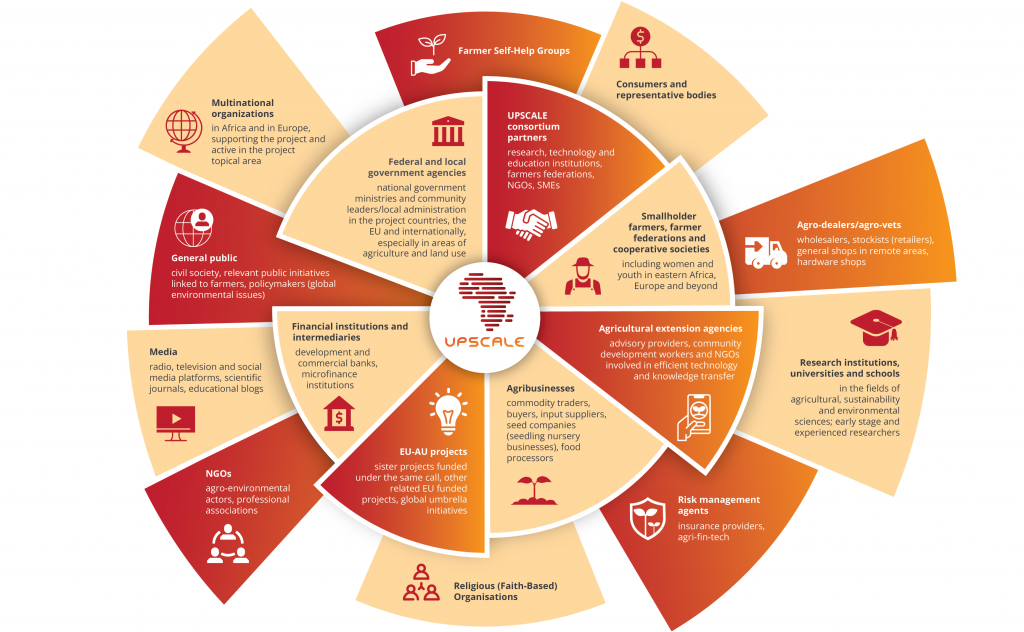What is the problem UPSCALE tackles?
Closing the yield gap in African smallholder agriculture is a critical challenge which must be met in order to achieve food security goals for millions of farmers. In sub-Saharan Africa, this challenge is compounded by the need to adapt cultivation practices to extreme dryness and ongoing climate change, and by the recognition that conventional methods of agricultural intensification are environmentally costly, unsustainable, and poorly adapted to low-income farming. Nature-based solutions that harness the benefits of biodiversity and the environment for productive, low input and climate-resilient agriculture are increasingly suggested as promising avenues for sustainable intensification of agriculture in Africa and beyond. Push-pull is an integrated cropping system that involves driving pests away from the main crop using a repellent intercrop (the push) while attracting them out of the crop with trap plants. Push-pull also improves soil health and water retention, provides economic and high-value livestock fodder, and a recently developed climate-smart variant making use of traditional cereal varieties (sorghum, finger millet) increases system resilience to climate change. Through its growing success in staple cereal crops, push-pull has enormous potential to be the most important discovery for food security and environmentally friendly agricultural management of the 21st century.

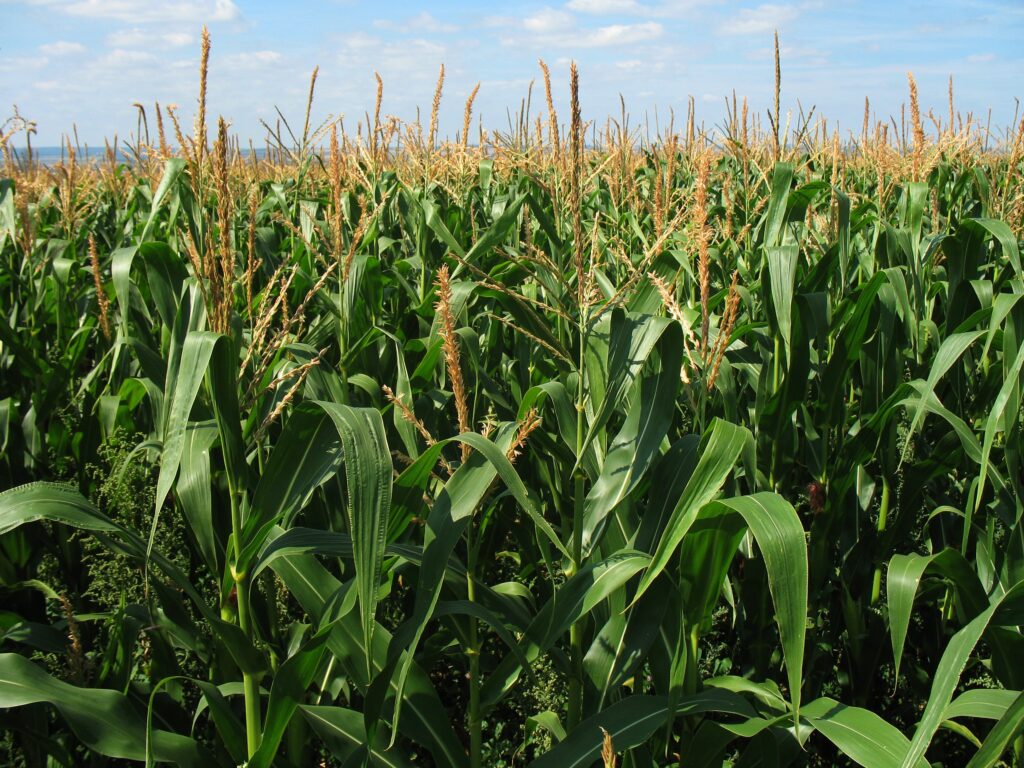
What is the project about?
UPSCALE is a H2020 Research & Innovation project worth €7.66 million, which started in November 2020 and lasts for 5 years. The project aims to take key steps to realize the transformative potential of push-pull technology by expanding its scope and applicability from individual fields to whole landscapes and regions, and from cereal to other important crops and cultivation systems. The overall goal is to address food security, livelihoods and climate change resilience in the sub-Saharan region of East Africa, while reducing the environmental impact of agricultural practices. For this, it fosters the design, adaptation and adoption of strategies for integrated agro-ecological management based on push-pull technology for wide-spread and climate-resilient sustainable intensification.
Who is behind the project?
The UPSCALE consortium consists of a group of 18 partners from 4 European and 6 African countries teamed up under the lead of the Justus Liebig University Giessen (Germany). The UPSCALE consortium is ideally composed to tackle the challenges of developing and upscaling the push-pull management system in East Africa: the expertise of icipe in development of push-pull management systems is complemented by other partners’ skills and track record in key research areas such as research synthesis, cropping systems ecology, spatiotemporal modelling, chemical ecology, landscape ecology, food-web ecology, soil science and social science including socioeconomics, sustainability science, gender, and policy, as well as international experts on stakeholder engagement and communication.
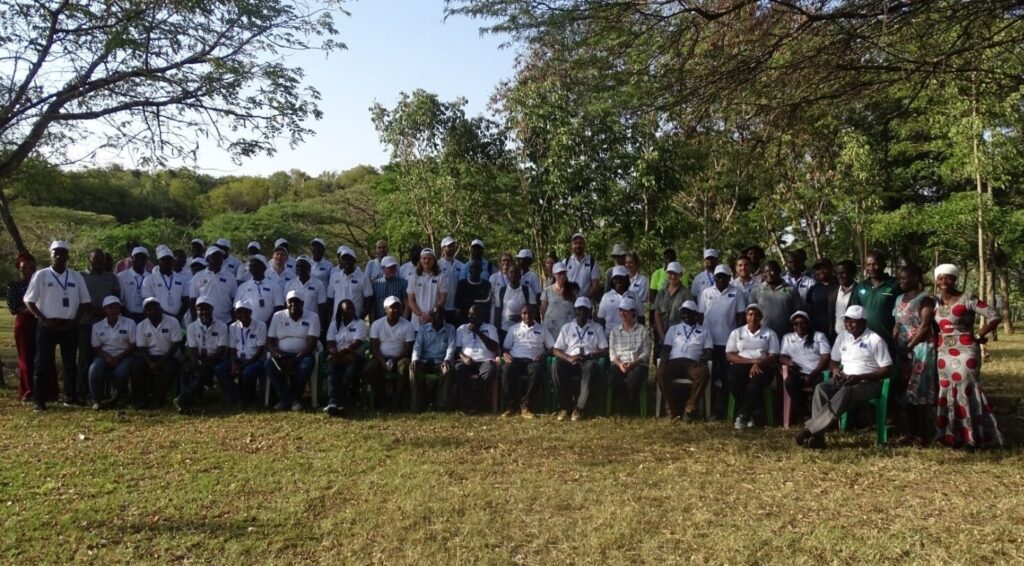
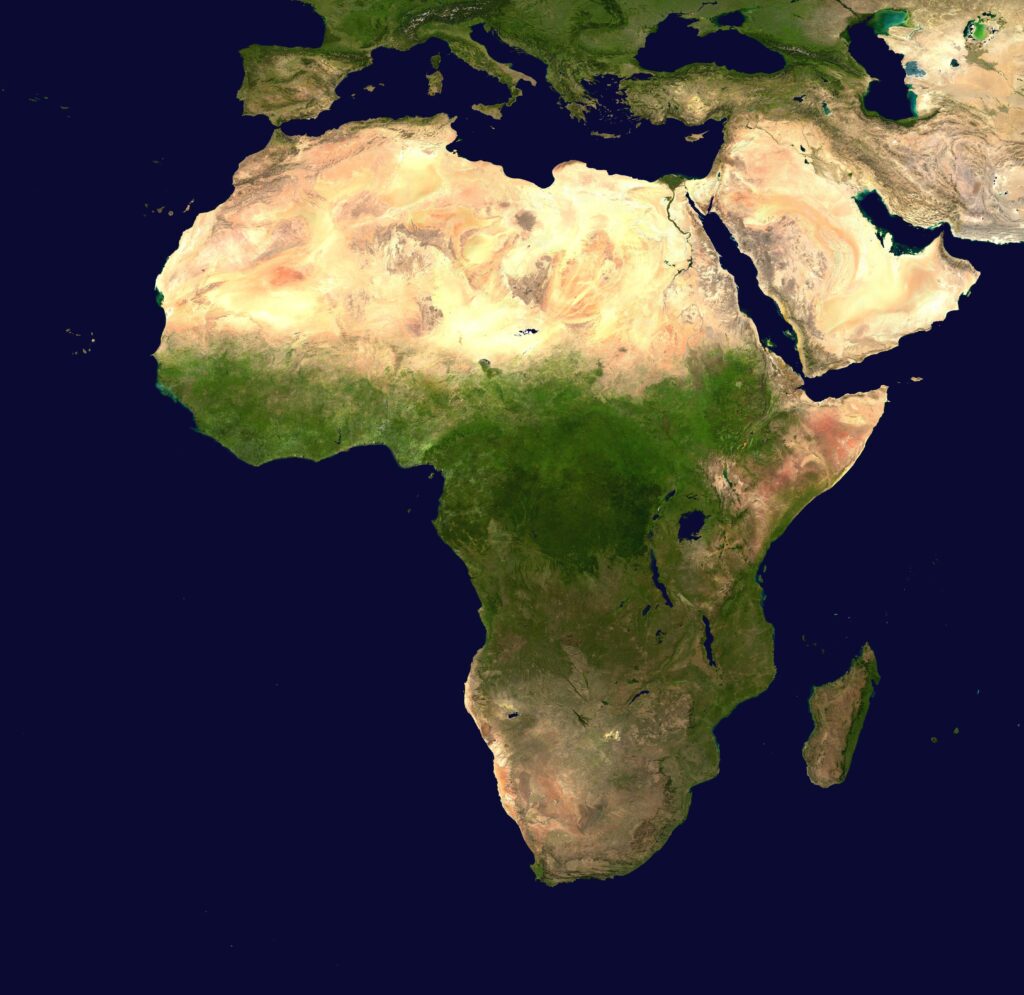
Which novel technologies are going to be developed during the project?
UPSCALE is a highly ambitious project that advances both science and technology beyond the state-of-the-art, representing the springboard to unlock uptake by addressing and involving ‘critical levers’ at all levels and scales of society, including applied research, policy and multi-actor value chains in Africa and Europe. In practice, UPSCALE is introducing a novel application of ecological methods, modelling tools and social-ecological approaches to the barely explored ground of providing data-driven, quantitative and qualitative tools to assess and improve social-ecological resilience of ecosystem services and farms. UPSCALE examines this under state-of-the-art scenarios of climate change, closing the gap between small-scale models and coarser large-scale models, to build an improved cross-scale social and ecological modelling framework which yields key information for management, dissemination and policy decisions. Moreover, UPSCALE develops and adapts dissemination toolboxes including a Knowledge Exchange Hub (KEH), mobile app, interactive integrative maps for spatial targeting of dissemination efforts, long-lasting multi-actor communities (MAC). Multi-actor design and integration of empirical models for push-pull adoption and effectiveness are the basis for targeted and rapid spread of push-pull and sustainable intensification information to key stakeholders, thus ensuring the relevance of research, as well as the feasibility and increased uptake of proposed solutions and implementation of results.
What is the geographical scope of the project?
The project activities are conducted in five main study regions within East African countries (Ethiopia, Kenya, Uganda, Rwanda, Tanzania) each of these regions being selected to encompass different biophysical (including climate, soils, topography) and farming system characteristics. All the selected regions have been exposed to varying degrees to the push-pull technology through previous training and dissemination, notably by the UPSCALE project partners. All the regions share several constraints for push-pull expansion including limited access to agricultural extension services and frequent shortage and high expense of seeds for push-pull implementation. Therefore, these regions are essential for implementing the experimental tasks following a standardized, common study design across countries and are open for collaboration and merging with study and dissemination sites of other ongoing or recent projects.
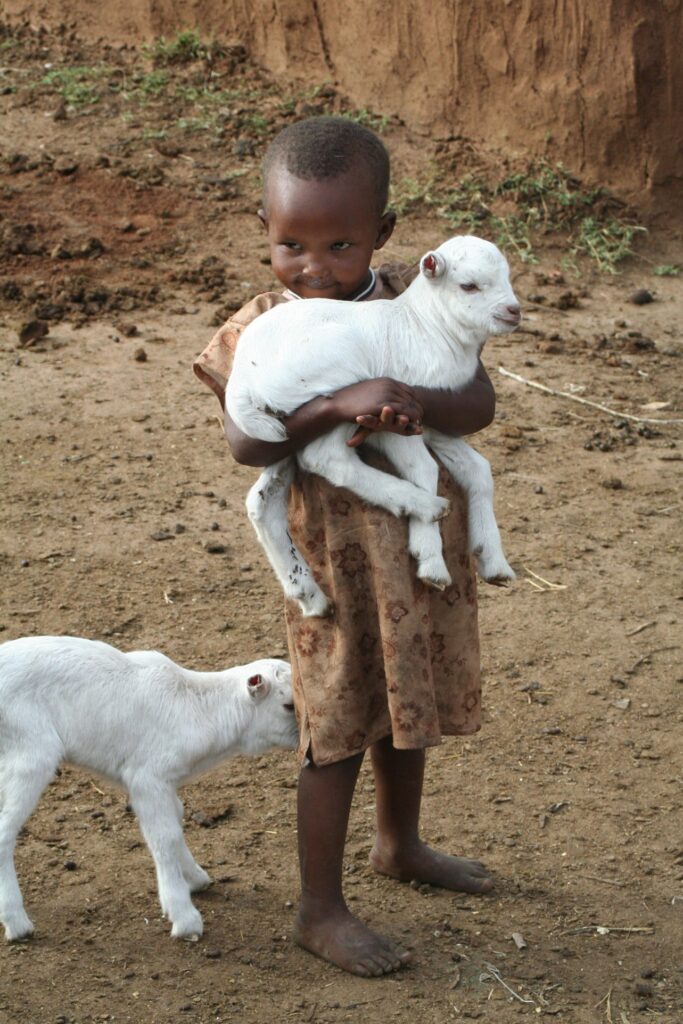
Who are the UPSCALE stakeholders?
The key factor for sustainability and full impact lies in going beyond the borders of case study regions and expanding to a wider array of relevant stakeholders. We define stakeholders as those with an interest or concern in UPSCALE, who are both impacted by it and can have impact on the project themselves. Therefore, it is a wide array of individuals, groups, institutions, and organisations (non-exhaustive) who can affect the decision-making process in the project and more importantly, outcomes.

